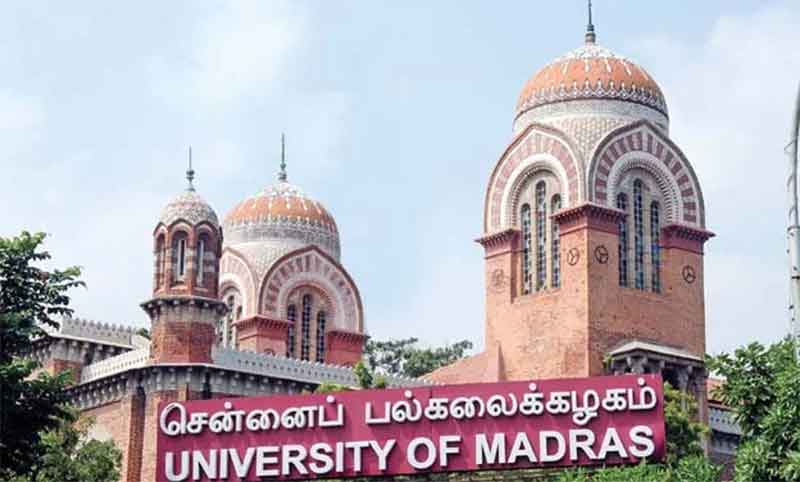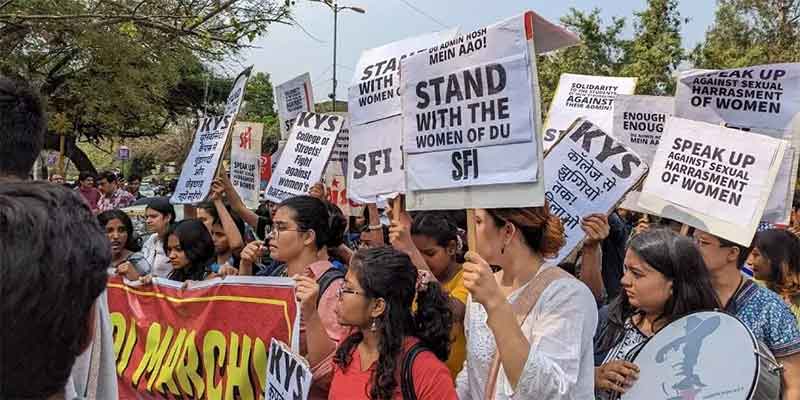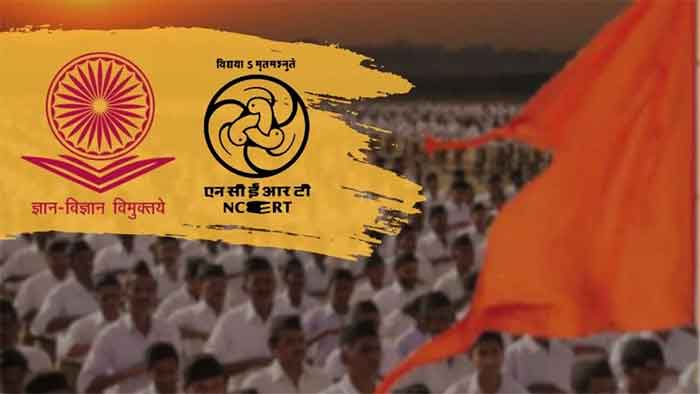
Dear future students wishing to come to Australia and study: don’t. The gurgling, decaying system is, on a regular basis, being exposed for what it is. If it is not students being exploited, its academics being manipulated to the point of ruinous ill-health. True, not all universities are equally rotten in the constellation of corporate manipulation, but each one is rotten in a slightly different way.
The nature of the rot starts at the top – a conventional wisdom. And that rot features workloads of an unrealistic nature (too many classes; unrecognised grading efforts; questionable budgets), all padding for the bloated managerial class that guiltlessly loots. It helps, as well, that most Australian universities have Human Resources departments larger than most academic departments. They are the stormtroopers for the managerial gauleiters, ensuring that dissenters are kept quiet, and anyone wishing to challenge the status quo kept in straitjacket and check.
Much has already been made of the enormous casualisation of the academic workforce in Australia. (One figure suggests that 70% of university workers in the sector are on casual or fixed term contracts.) They are the precariat, the equivalent of altar children whose bottoms, bodies and minds are passed around from course to course to be used by the relevant coordinator, program manager and associate dean for a finite duration.
The nature of such sessionalisation has seen an interesting twist of late. The hand-to-mouth precariat are not wanted – at least in certain institutions. Universities suddenly claim to have no money in the kitty to pay modest sums to sessional workers they have sadistically abused for years. This is despite huge financial windfalls that arose even as the global pandemic was raging. In the post-COVID landscape, the assumption is that ongoing academics (tenure is not a concept of any worth down under) will take charge, seize the reins, and teach themselves into the ground.
But as departments, schools and university sections are racketeering enterprises, those wishing to cosy up to obese, overly remunerated managers may be rewarded for their flabby morals. (Arse-crawling really ought to be a degree, but why theorise it, when the praxis is sorted out?) The crawlers can avoid teaching. They can assume administrative posts and discuss administration with others in similar administrative posts. They can dream, fiddle and fondle spreadsheets, conjuring up miracles from the ether. Their minds devoid of cerebration, they are the perfect adjutants and servants for the managerial institution.
As for research, this only matters if it can be pegged to the industrial grant making complex, which is only useful in producing more grants. The cosmos of receiving such awards is only relevant, not from the actual material it produces in terms of what knowledge, but for the process of gaining the award. Money can then go back into undeserving pockets, with recipient academics, to use a popular and atrocious term “buying themselves out” of teaching duties. As one Dean of no stature or relevance insisted with dull conviction, “It does not matter how many papers you write, or how many books you author – your work allocation is the same as the next one.”
A half-wit sloth with one publication authored with several other dunces deserves the same academic praise as the single author of numerous pieces, with a profile that is somewhat larger than the standard 200 metre radius worshipped in insular towers. The die, it would seem, is cast, before you realise an awful reality: the Dean wants you to be on her level, that of the spreadsheeting numbed wonder who draws in a fortnightly salary with minimal cognition – except to justify the dictates of the satanic college she serves.
Amidst this messy state of affairs, Australian universities continue engaging in that practice most heinous: the underpayment of staff, notably those on temporary contracts. The payment rates for casual academics – and, in some cases, ongoing staff – is nothing short of scandalous. In March 2022, the Senate Standing Committee on Economics noted that 21 out of Australia’s 40 universities had been guilty of underpaying staff.
So why express horror or surprise at the latest revelation that gift cards are being used to pay academic staff? An investigation by the Australian publication Crikey, using Freedom of Information, found this to be particularly evident at the University of Technology Sydney.
According to the report, “one faculty debated the use of gift cards as payment for academics as recently as last year.” A Microsoft Teams message from a human resources official also stated in October last year, with some agitation, that the faculty of health wanted “to have another run at the gift card idea.”
The UTS public relations team was immediately stung into action. “Gift cards are used at UTS, as they are at any other organisations, as a token of appreciation for non-employees who volunteer their time at the university, for example, as research participants, or as members of events panels or as one-off guest speakers,” reasoned one spokesperson.
The Senate Standing Committee similarly found that various “casual academic staff have been paid in gift certificates, instead of the wages, loadings, leave and superannuation to which they are entitled.” Dr Hayley Singer, a member of the University of Melbourne Casuals’ Network, told the committee that she had “contested this at the time because I know I can’t pay rent, pay for transport or pay for medical bills with gift cards. This is how casual and insecurely employed academics are treated when we bring our professionalism and our expertise onto campus and into the classroom”.
If only Singer realised that the whole function of the modern managerial university is to eschew and excoriate professionalism of any sort, notably in the areas that give education its greatest worth. To be professional is to be subversive, thereby making that individual dispensable. Best join the spread sheeters.
Dr. Binoy Kampmark was a Commonwealth Scholar at Selwyn College, Cambridge. He currently lectures at RMIT University. Email: [email protected]














































